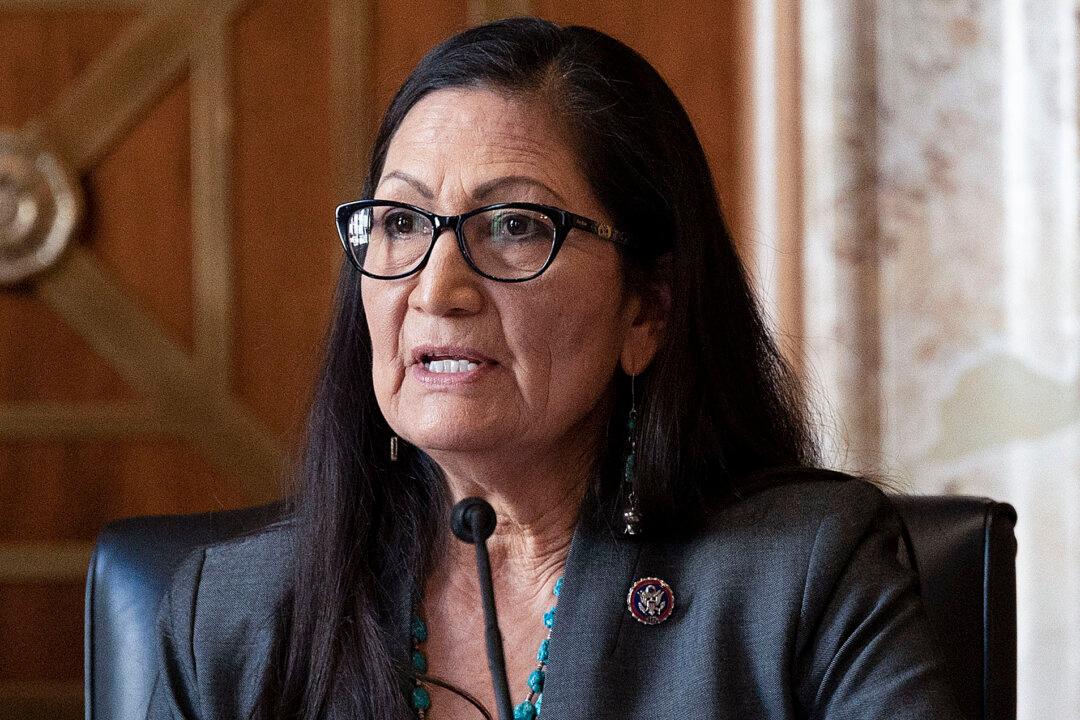The federal government has announced that it will bar new drilling and mining operations from the Thompson Divide along Colorado’s Western Slope, an area known for its environmental features such as mountaintops, foothills, grazing lands, and wildlife.
U.S. Secretary of the Interior Deb Haaland said in a statement that she has signed Public Land Order 7939, in which the Biden administration has withdrawn approximately 221,898 acres from mining, mineral, and geothermal leasing laws for 20 years, subject to existing permissions.





